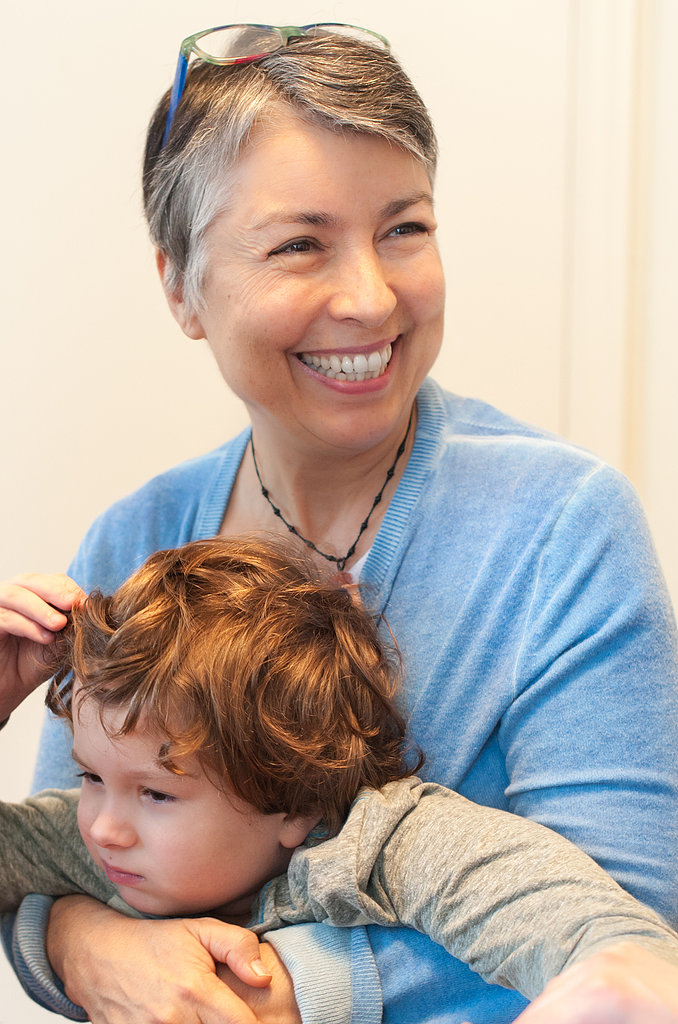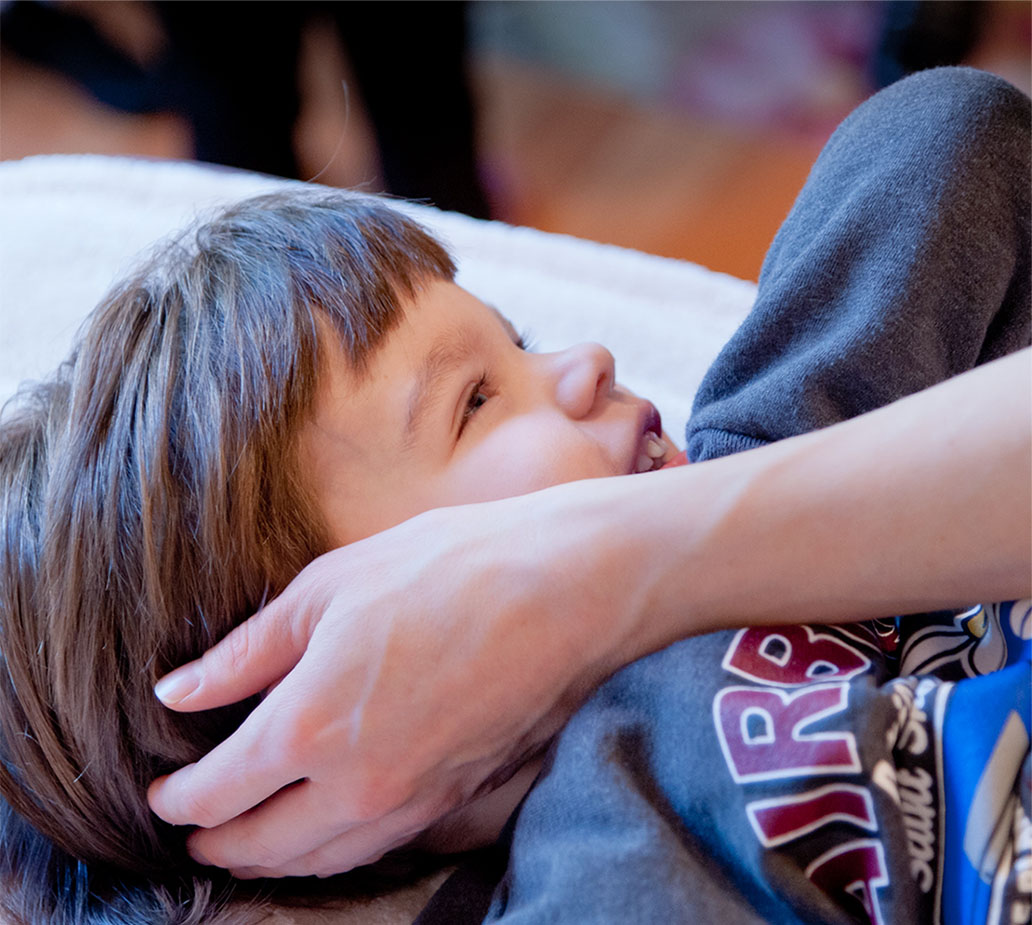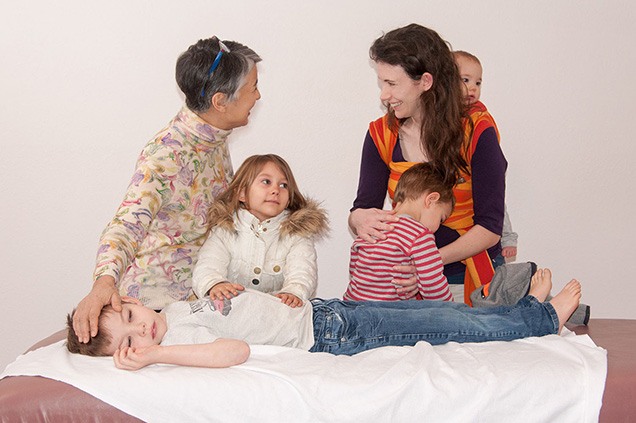Our Approach
What is QST?
Among sensory therapies, QST was recognized in the American Journal of Occupational Therapy for providing “the most robust positive outcomes, indicating strong evidence of effectiveness for young children with ASD.”
Benefits & Results
On average, caregivers participating in QST report nearly 50% reduced parenting stress within the first six months. As parents become less stressed and children become more naturally receptive and engaged, the family flourishes and a world of safe, meaningful social connection becomes more accessible.
Results are often apparent within 30 days. QST is unique among approaches to autism care because it focuses on sensory engagement as a precursor of social-emotional-behavioral needs, helps children feel comfortable and connected to others, and improves lifetime outcomes.
QST is not:
- A behavioral training intervention that incentivizes children to comply with external expectations
- A treatment program that views neurodivergent people as damaged or incomplete humans
- An expensive therapy or one that requires 20+hours/week of clinical care
What support is available?
QSTI provides books, video and online material to support parents who are interested in running their own home program. This material is available in our shop and written specifically for parents to help develop the skills to support a wide range of needs their children may be experiencing. We also provide a list of certified QST Therapists who can offer support locally or by video conferencing. Some parents interested in running their own home program find it helpful to enlist a few sessions of therapist as they are getting started.
QST Research
Dr. Louisa Silva was the lead researcher for QST and founder of QSTI. She hypothesized that if children with autism have challenges with the sense of touch, then supporting touch with QST should help children naturally access social-emotional-behavioral development and bonding/relationship building. Through 15 studies, Dr Silva’s team showed that Qigong Sensory Therapy promotes significant development in all areas commonly considered challenging for young children with autism.
QSTI partnered with The Research Institute at Western Oregon University and The Bureau of Maternal and Child Health to run a series of randomized controlled trials. An Evidence-Based Medicine Info Sheet and links to all of the major studies can be found here. The following is a synopsis of peer-reviewed, published data from these studies:
After five months of QST as a stand-alone service:
38%
Improvement in sensory processing
49%
Improvement in comfort and awareness of touch
34%
Improvement in self-regulation (social-emotional-behavioral challenges & challenges with sleep and digestion)
18%
Increase in receptive language
44%
Decrease in parenting stress
Overall social skills and communication skills increased and children were more affectionate
After two years of QST as a stand-alone service:
100%
Recovery in comfort and awareness of the sense of touch
44%
Decrease in Social-emotional-behavioral challenges
50%
Over 50% of [high-functioning] children no longer met the criteria for an autism diagnosis
Therapy Outcomes After 24 Months
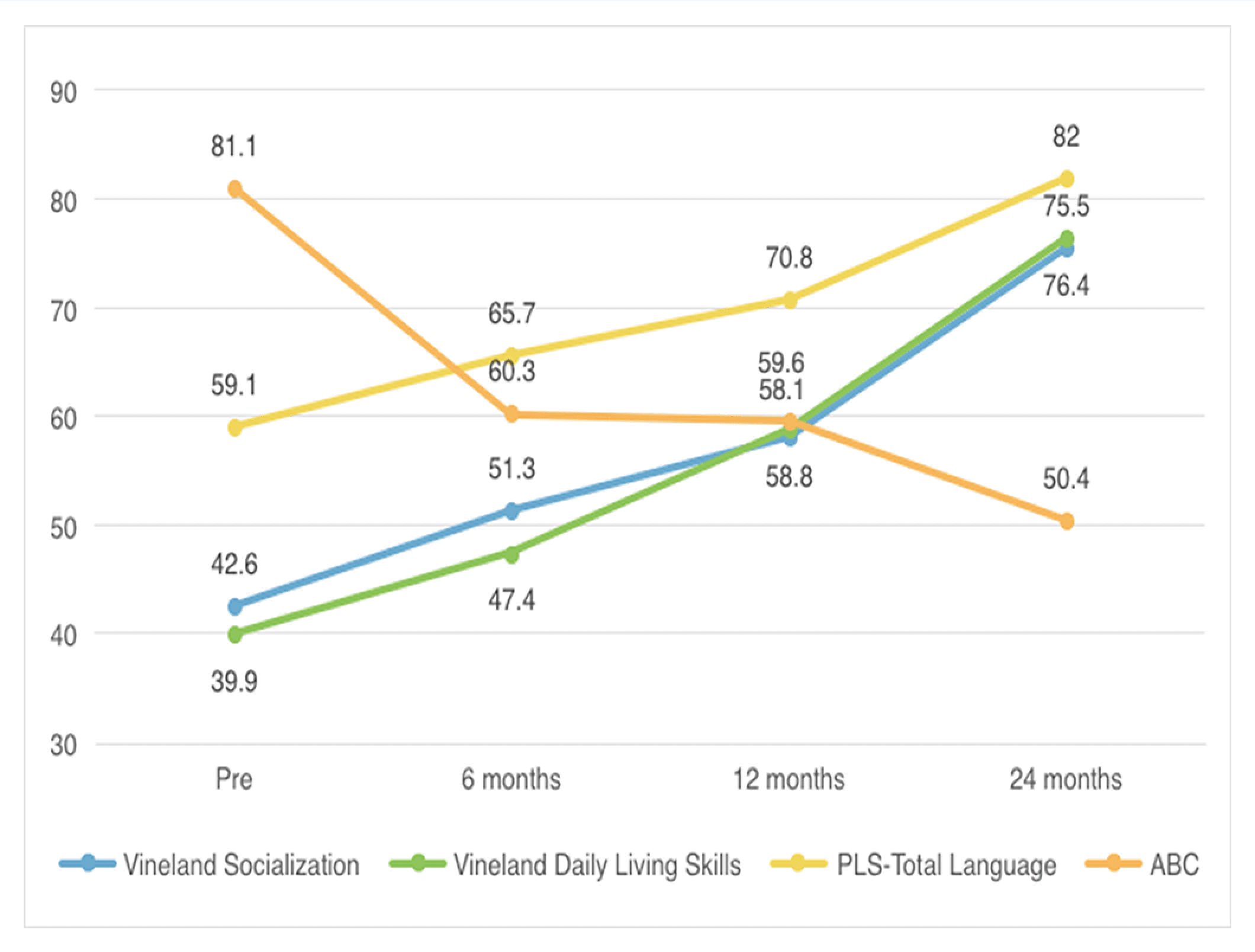
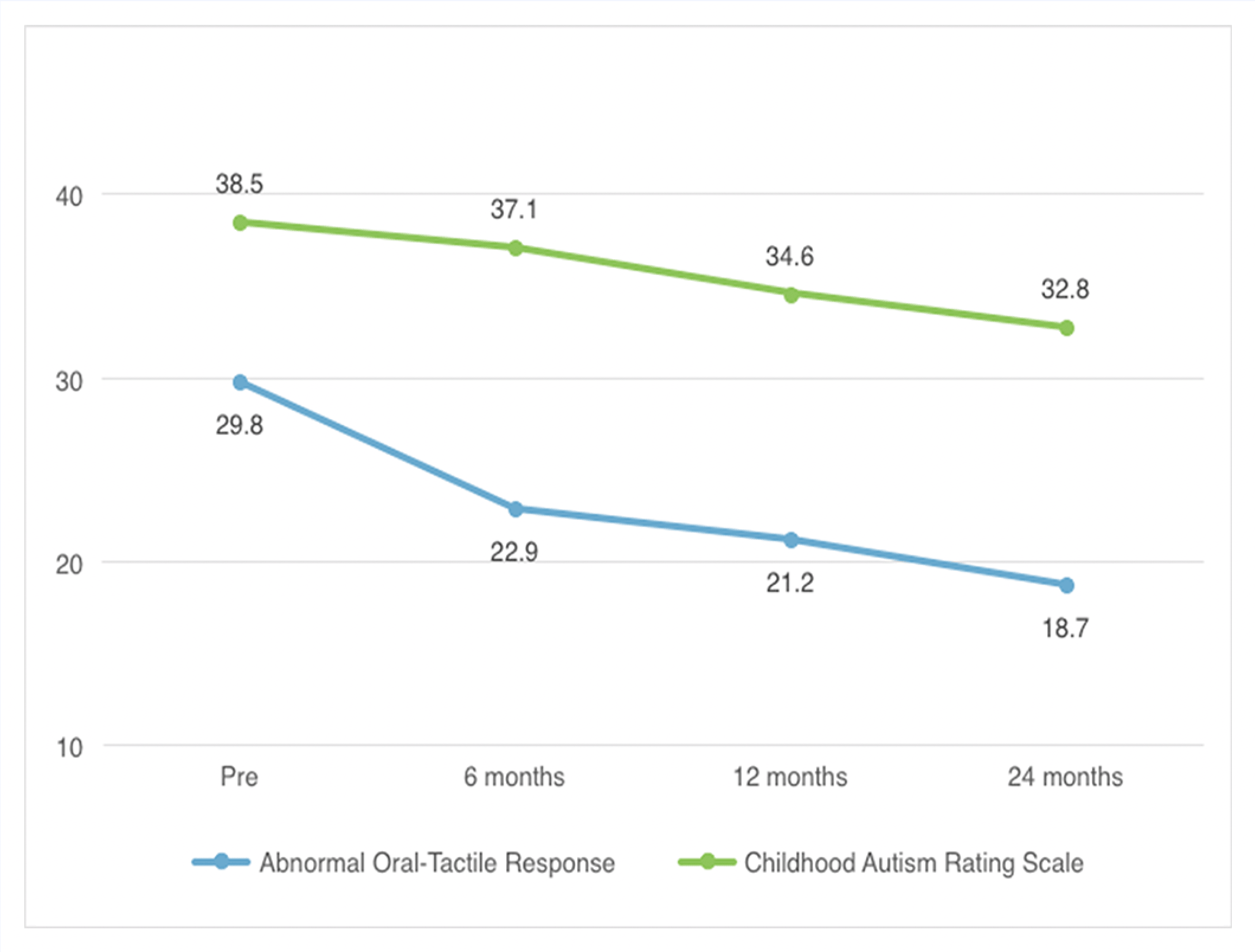
Data from studies focusing on younger (under age 6) and older (6-12yo) children showed similar results.

